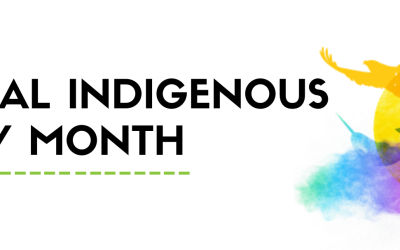Federation of Saskatchewan Indian Nations (FSIN) Chief Guy Lonechild is in a fight for his career.
A 2009 charge of impaired driving has caused a group of chiefs to start a petition demanding the chief’s removal.
Under the FSIN Convention Act, a petition to remove must have at least 25 chiefs signatures, along with band council resolutions pledging support.
So far, 30 chiefs have signed. There are 75 chiefs in Saskatchewan so 38 must sign the petition.
The fact that the chiefs are using a lawful process for removal is positive in that on the surface the rule of law is being adhered to.
In this day of Native sit-ins and occupations, it is heartening that the group is opting for legal, non-violent means to transition leadership.
However, there are some pundits who question the move as they feel the decision is politically-driven. They worry that ‘pay back’ for past sins may be more at play here than a genuine desire for new leadership.
So, on the one hand the move is a victory for lawful process, but it is questionable whether it means personal politics and vendettas have been purged from First Nation political life in Saskatchewan.
On so many bands, members complain about the persistence of nepotism and personal issues entering into band level politics. Our Aboriginal Governance Index (AGI) has documented this perception among average band members year after year.
Impaired driving is serious, yes, but other politicians have survived this charge. Alcoholism is a sickness that many struggle with and Lonechild has admitted to a problem, including a stint in rehab a few years back.
One hopes the Saskatchewan chiefs make these serious decisions without regard to personalities or politics and do what is best for the FSIN and Saskatchewan First Nations.


